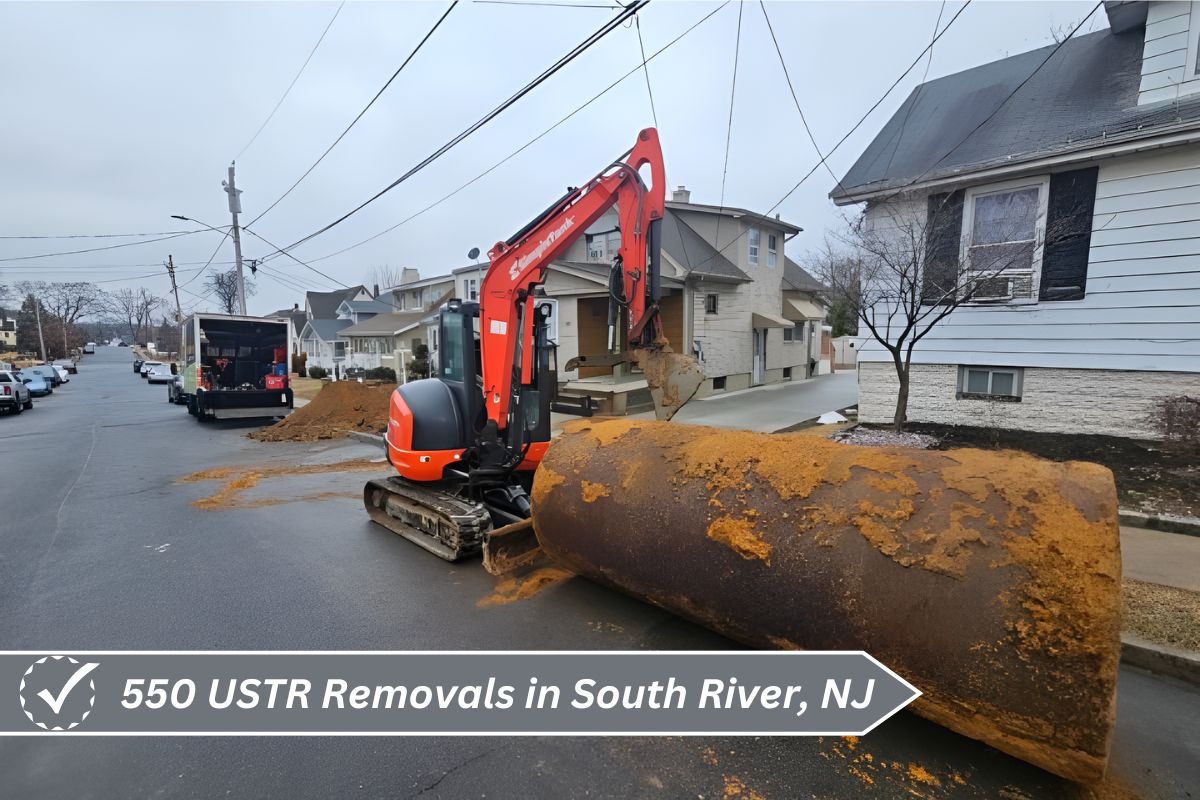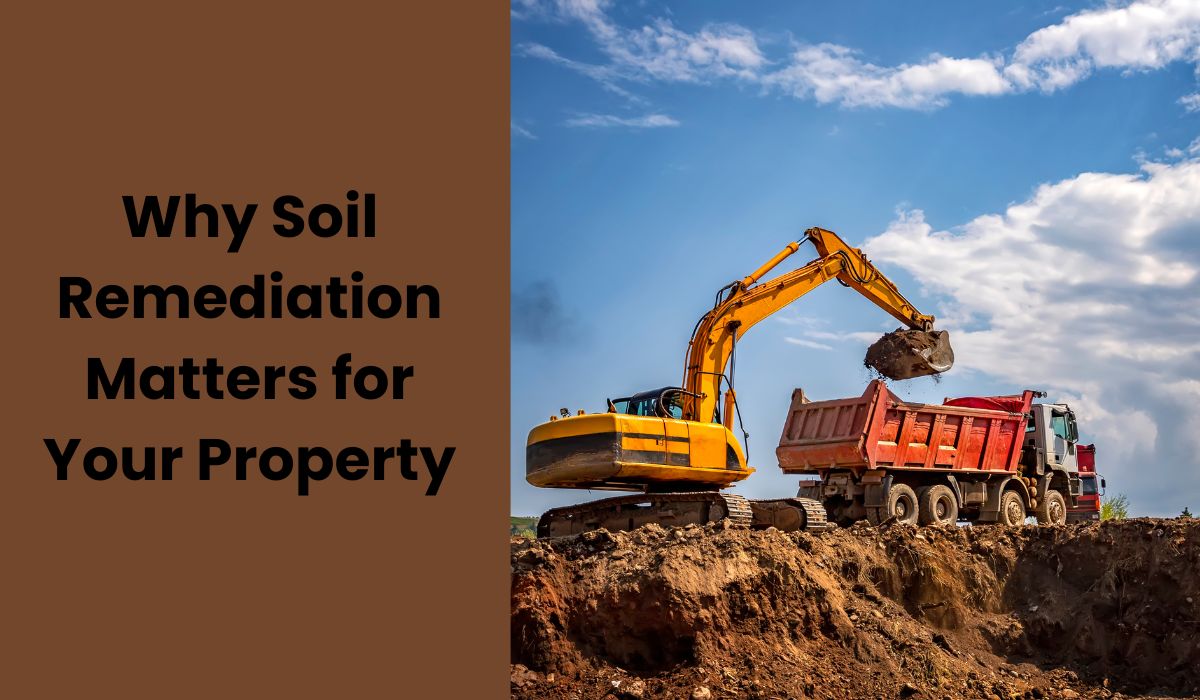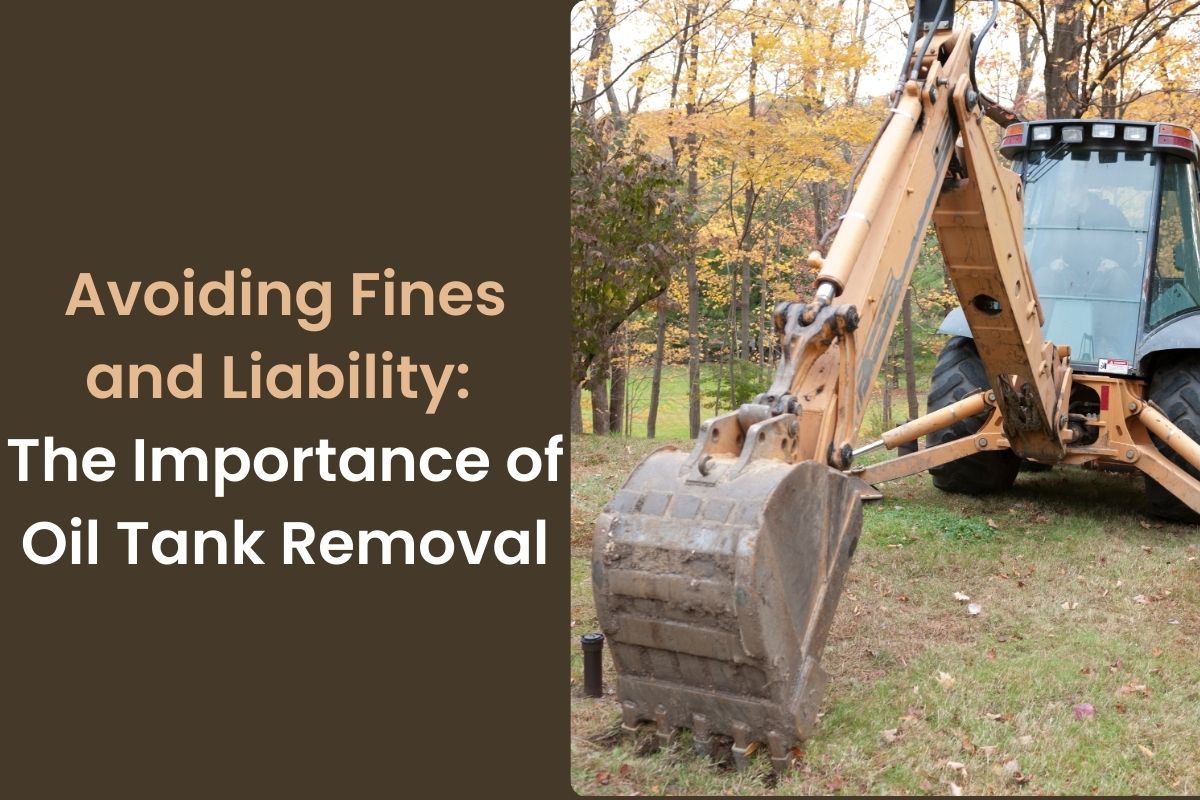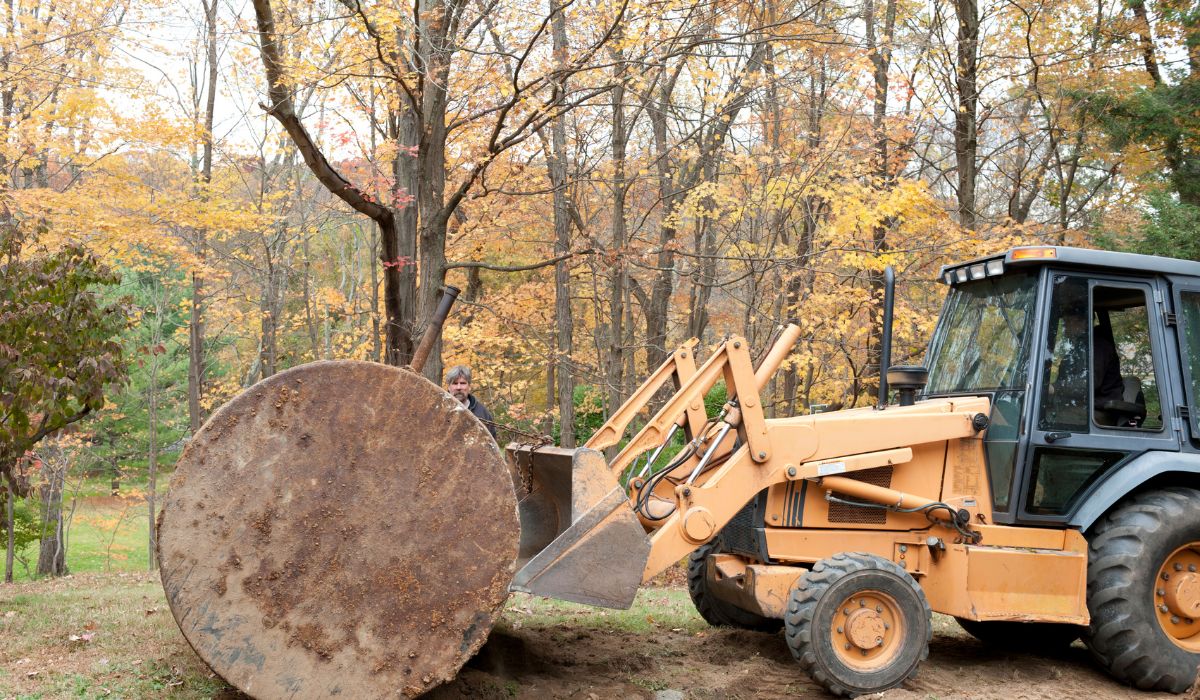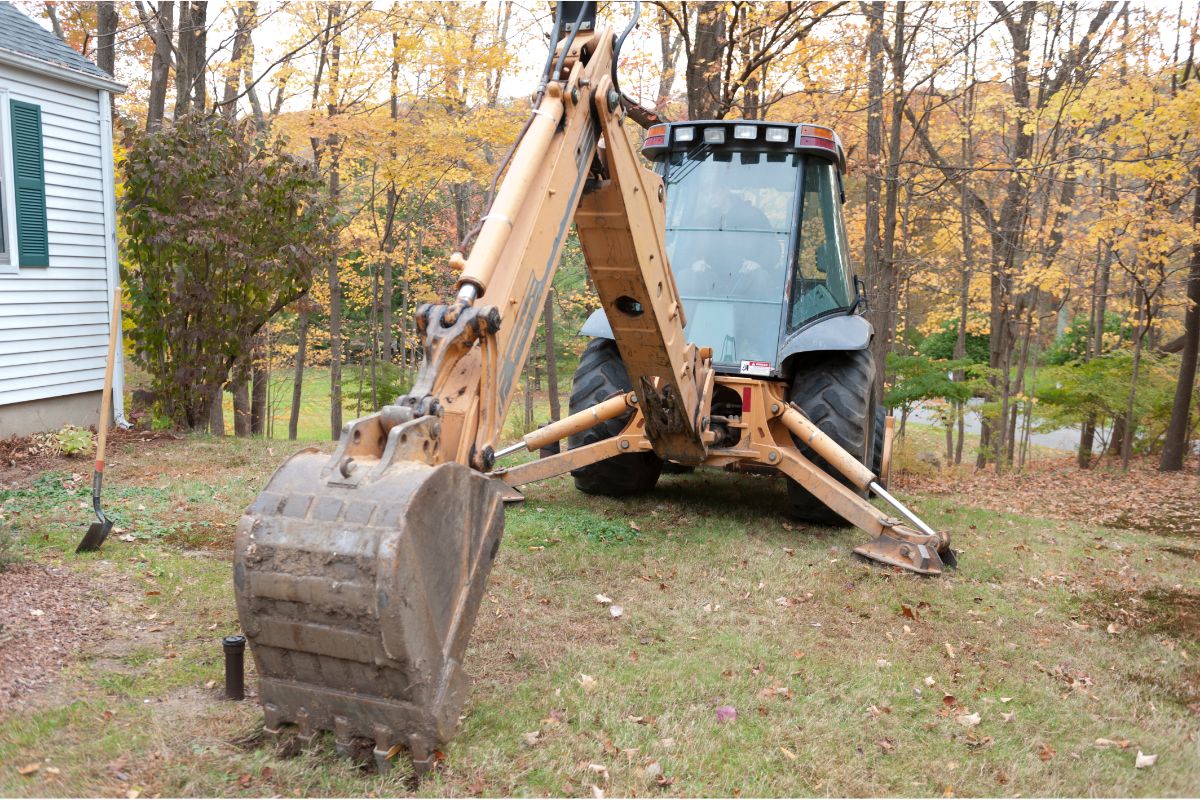Soil infection is a pressing trouble that could substantially affect both residential and industrial homes. Whether due to business hobby, leaking underground storage tanks, or unintended chemical spills, contaminated soil can pose serious dangers to human health, the surroundings, and assets cost. Soil remediation is the technique of putting off or neutralizing pollution within the soil to repair its protection and value. If you own a belongings, understanding the importance of soil remediation can help guard your funding and make a contribution to a cleanser environment.
Understanding Soil Contamination
Soil contamination takes place while dangerous substances, consisting of heavy metals, petroleum products, insecticides, or industrial chemical compounds, seep into the floor. These contaminants can originate from numerous assets, which include:
Underground garage tanks – Leaking oil or fuel tanks can launch harmful chemicals into the soil.
Industrial waste – Factories and manufacturing flora may additionally depart at the back of residues of toxic substances.
Pesticides and fertilizers – Excessive use of chemical compounds in agriculture can result in soil degradation.
Improper waste disposal – Landfills and dumping web sites may also contain dangerous substances that leach into the soil.
Over time, these contaminants can spread, affecting groundwater, flora, and even the air. If left untreated, soil infection can pose critical threats to public health and the encircling surroundings.
The Impact of Soil Contamination on Property
Contaminated soil will have intense outcomes for property owners, together with:
Health Risks – Pollutants in the soil can disclose citizens and workers to pollution thru direct touch, inhalation, or contaminated water sources. Long-term period publicity to sure contaminants can lead to breathing problems, skin disorders, or even intense illnesses like most cancers.
Decline in Property Value – An asset with contaminated soil is less suitable to buyers and investors. Potential customers may be hesitant due to the costs and liabilities related to remediation.
Legal and Regulatory Issues – Property proprietors are chargeable for making sure that their land meets environmental safety guidelines. If contamination is detected, the government might also impose fines or require obligatory cleanup efforts.
Environmental Damage – Contaminated soil influences surrounding ecosystems, harming plant and animal lifestyles and lowering biodiversity. It can also make contributions to water pollution while pollutants seep into nearby streams and groundwater assets.
How Soil Remediation Benefits Your Property
Soil remediation is a crucial step in addressing contamination issues and restoring land to a secure and functional country. Here’s why making an investment in soil remediation matters for your own home:
Enhances Property Value
Remediating infected soil notably will increase assets value via making the land safe for improvement or resale. An asset with clean, uncontaminated soil is more attractive to potential customers and investors, leading to higher monetary returns.
Ensures Compliance with Environmental Regulations
Many neighbourhood and federal agencies have strict environmental policies that belongings owners ought to comply with. Conducting soil remediation helps you meet these standards, heading off legal consequences and ability liabilities.
Protects Public Health
Removing contaminants from the soil reduces the chance of exposure to dangerous materials. Whether you personal residential, commercial, or agricultural land, soil remediation guarantees a more secure environment for occupants, people, and surrounding groups.
Prevents Further Environmental Damage
Timely remediation prevents the unfolding of contaminants close to water resources, plants, and the natural world. By taking motion early, property owners make a contribution to a more fit environment and minimize lengthy-term environmental impact.
Prepares Land for Future Development
If you plan to expand or amplify your home, soil remediation is vital for ensuring a stable basis. Clean soil affords a solid and safe base for construction projects, lowering capability delays and extra costs within the future.
Common Soil Remediation Techniques
There are several effective techniques for soil remediation, relying on the kind and severity of infection. Some of the most widely used strategies include:
Bioremediation – Uses microorganisms to interrupt down pollutants evidently.
Soil Excavation – Contaminated soil is physically removed and replaced with easy soil.
Chemical Treatment – Introduces chemical compounds to neutralize or wreck down toxins.
Thermal Remediation – Uses warmth to spoil contaminants inside the soil.
Soil Vapor Extraction – Removes volatile contaminants via a vacuum machine.
Each approach has its benefits and is selected based totally on the particular contaminants gift and the level of contamination.
When to Consider Soil Remediation
If you believe you studied soil infection in your private home, it’s miles important to conduct an expert soil evaluation. Some signs and symptoms that suggest they want for soil remediation consist of:
Unusual odors : A chemical or petroleum-like smell coming from the soil.
Discolored soil : Unexplained changes in soil shade or texture.
Dead or unhealthy plants : Plants struggling to grow or dying unexpectedly.
Nearby industrial hobby : Proximity to factories, gasoline stations, or waste disposal sites.
Consulting with an environmental specialist or remediation business enterprise can help determine the extent of contamination and the best route of motion.
Final Thoughts
Soil remediation is a vital procedure that protects asset price, ensures regulatory compliance, and promotes a fit environment. Whether you personal a residential or commercial property, addressing soil infection early can save you from luxurious prison and fitness-associated troubles within the future. By making an investment in soil remediation, you’re not simply safeguarding your property but additionally contributing to a cleaner and greater sustainable international. If you observed infection for your land, talk over with a Simple Tank Services to explore the fine answers for your home.

